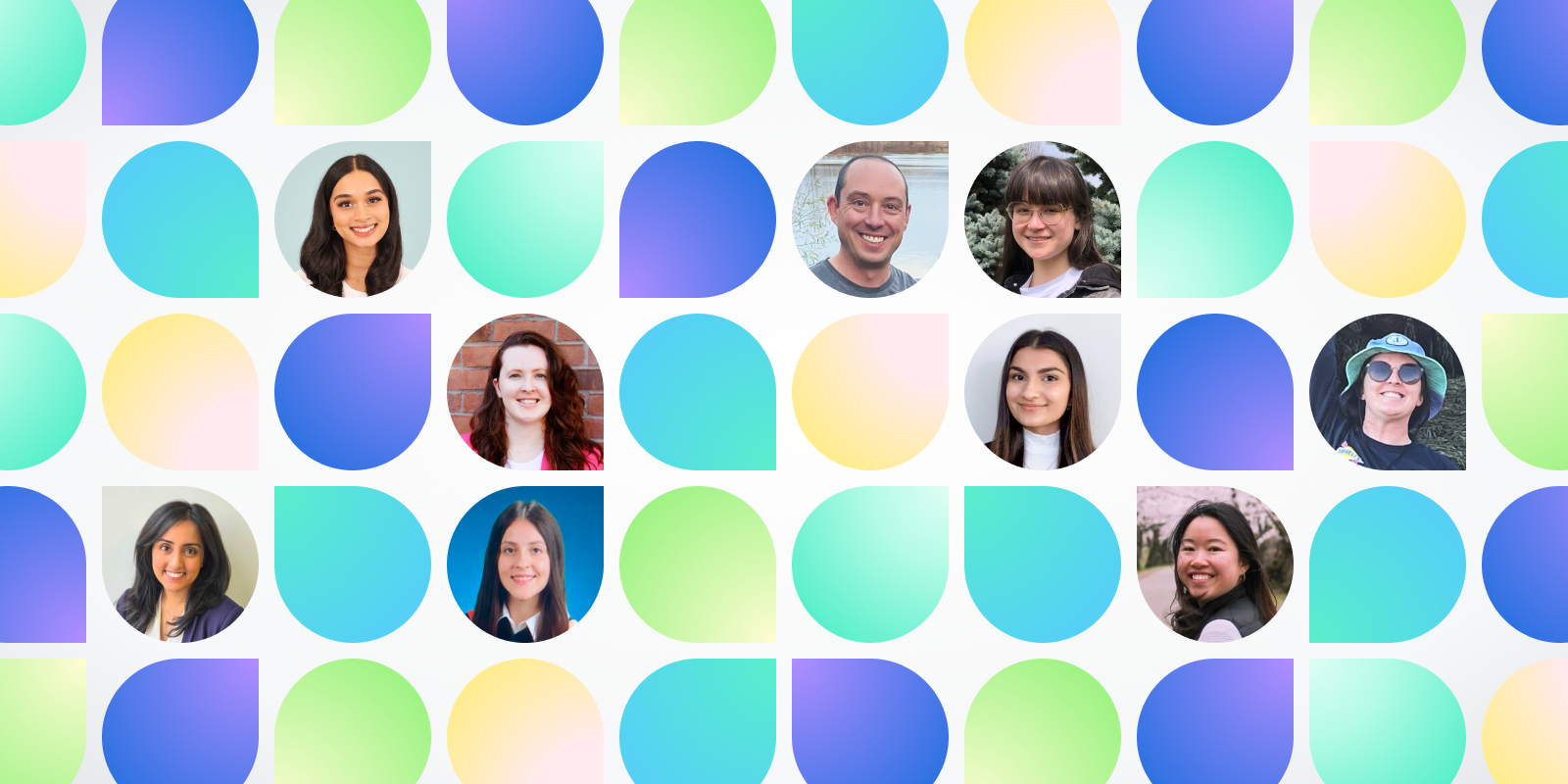“What do other clinics, physicians and researchers use Ocean for most often?”
In our last post, we shared the top 10 forms on Ocean for administrative purposes, by usage. This week, we’re doing the same for clinical forms.
If you’re new to the Ocean Platform or considering using it, knowing how your peers are making the most of Ocean tools can be a big help. If you’re already using Ocean, this list should help inspire you with ways to get even more out of the platform.
10
The Patient Health Questionnaire 2 (PHQ-2)
There is a growing body of evidence that by supplementing in-person clinical interviews with tablet-based mental health screening, physicians can gather more open and honest responses from patients. This simple, validated questionnaire has two very quick questions that effectively screen for depression. It’s fast and easy to use this form both for population screening as well as an adjunct for general clinical history-taking. By using Ocean Tablet rules, clinics can easily display PHQ-2 to all patients on a regular basis (eg. once every 2 years).
PHQ-2 form
9
SNAP-IV Rating Scale
The SNAP-IV Rating Scale for ADHD can be one of the more onerous screening forms to complete, simply because it involves collecting responses to a 90-question form from both the parent and teacher. Ocean Online can dramatically simplify this, collecting responses from both parent and teacher via secure email links, and scoring the forms automatically. Given the substantial time savings to clinic staff, it’s not surprising this form came in at #9. *The Ocean Library contains the 26, 30, and 90-question versions.
SNAP-IV 30 Rating Scale
8
Medication Reconciliation
Using Ocean for automated medication reconciliation can help to significantly reduce or prevent adverse drug events. By collecting and documenting an accurate and up-to-date medication list at every appointment (or on a regular basis), clinicians can easily compare the list with information in the patient’s chart and identify discrepancies. With an integrated EMR, Ocean will even pull the current list of medications, allowing patients to quickly review and note any changes (rather than trying to recall current drug names and dosages from scratch).
Medication Reconciliation form
7
Medical History
Ocean provides a quick and concise way to collect a full medical history from a patient to add to the patient chart in the EMR. With red flags for responses requiring further follow up, Ocean can help ensure that important issues are not missed.Medical History form
6
Periodic Health Exam
The Periodic Health Exam (formerly the Annual Physical) requires physicians to review a number of time-consuming medical history and lifestyle questions. By collecting responses to these questions from the patient in the waiting room or exam room before the appointment, more time can be spent face-to-face speaking with the patient. By using the Ocean form for periodic health exams, clinicians have reported that they were able to reduce the basic exam from 30 minutes to 10 minutes, allowing more time to discuss items of concern with the patient.Periodic Health Exam
5
Smoking Status
By collecting smoking status from all patients on a regular basis, clinics can improve population screening and chronic disease management and prevention. A recent Ocean case study showed that automated screening in a clinic of 7500 patients over 4.5 months resulted in over 3000 patients screened, 432 current smokers identified, a 33% increase in smoking cessation program referrals and 445% increase in smoking cessation counseling billing.Smoking Status form
4
The Generalized Anxiety Disorder 7-Item Scale (GAD-7)
The GAD-7, a self-reported questionnaire for screening and severity measuring of generalized anxiety disorder, is one of the most frequently-used mental health screens in the Ocean Library. A listing of 23 mental health screens can be found in the Ocean Library.GAD-7 form
3
The Patient Health Questionnaire (PHQ-9)
The The Patient Health Questionnaire (PHQ-9), a multipurpose instrument used for diagnosis, screening, monitoring and measuring the severity of depression, is our most popular mental health screen, and the third most-used clinical form in the Ocean library.PHQ-9 form
2
Nipissing Well-Baby Screens (ndds)
A large portion of our family practice and pediatric practice clients use Ocean to allow patients to complete Nipissing Well-Baby Screens. Not only does Ocean automatically calculate the score, it also flags “No” responses in red, making it easy for clinicians to quickly identify areas of concern. By completing the screen on Ocean, staff don’t need to scan results into the chart, and the results are easily searchable over time.
The Nipissing is not available for preview due to copyright. Please note that ndds forms are available at no charge to clinicians in Ontario only. Charges apply outside Ontario.
1
Flu and COVID-19 Screening
Topping out our most-used clinical forms are screening tools that can help identify patients who are exhibiting symptoms of illness or who may be at risk for specific diseases. These forms can be automatically presented to all patients to ensure that patients inform their healthcare provider upon arrival if they have symptoms of any respiratory infection (e.g., cough, runny nose, fever) so appropriate preventive actions can be taken (e.g., wear a facemask upon entry, follow triage procedure).Flu Symptom Screening form
